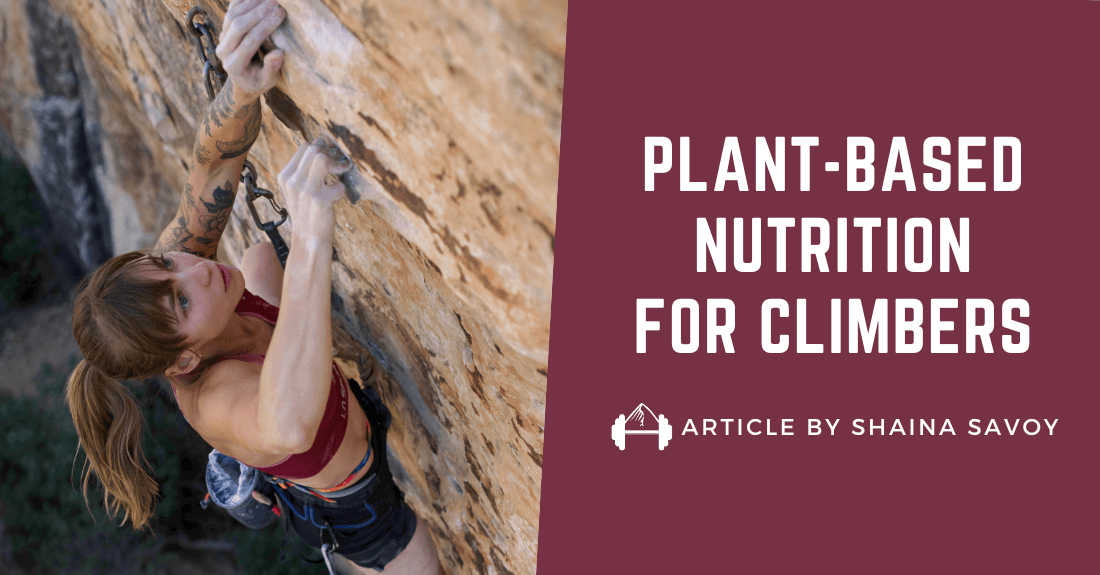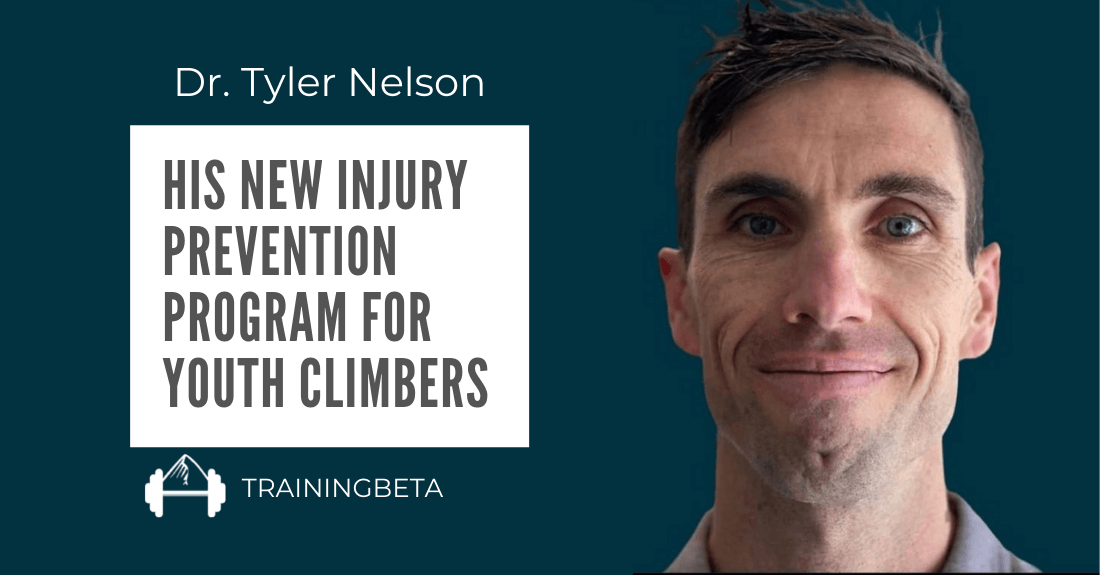By Alex Stiger
Do you find motivation to be a fleeting feeling that you are constantly chasing after? Do you see high end athletes trying hard and think, “If only I was that motivated?”
Motivation is an aspect of sport that I feel is often misunderstood. The definition of the word is “The reason or reasons one has for acting or behaving in a particular way.” In other words, you might be confusing motivation with discipline! That person you see as being more motivated than you is often just more skilled at being disciplined and might have a clearer plan than you do.
You most likely have plenty of motivation, but you just don’t know what to be doing.
With that said, if you are finding yourself having a hard time taking steps forward in your climbing, then these five tips are for you!
1. Reflect on Why
Take a minute to think of WHY you like climbing and why you want to progress. Then ask yourself, ‘Why am I not motivated at the moment?’
Are you overtraining, is life extra stressful, are you failing more than succeeding (during your climbing session or in life)? Just taking a few minutes to have a one on one with yourself can really clear things up. Note that you can arrange to have more successes/wins just by having a session or two dedicated to climbing your flash grade. During these sessions you should be challenged but not fall off.
2. Show up!
Put your climbing sessions in your calendar and make it a priority to get your body at the gym or crag. Maybe even make a plan with a friend to have regular sessions together. Don’t just put your climbing sessions in your calendar, though: make a plan for each of those sessions.
What are you trying to accomplish in each session? Why? What will you do to accomplish those goals? If you’re trying to increase strength, maybe do a 1.5 hour limit bouldering session and then spend some time doing supplemental weight training exercises after your session. Whatever it is, write down what you’ll do.
Don’t make it complicated, either. At the very least, write out two types of sessions and alternate between the two on your training/climbing days. Just something to keep it simple and consistent so that you’ll be more willing to show up.
Routine is everything. No amazing moments in sports happen on their own. Being super psyched is kind of like vacation time: it builds up the more hours you put in.
3. Adjust the Pressure
Are you feeling too much pressure or too little? If you are feeling un-motivated from too much pressure then your only requirement should be to show up and do what you feel like. Having fun should be your only goal!
Balancing exercise and training can be tricky. However, both are important for staying psyched. Once you feel excited again about training and doing drills, etc, you can start adding in more deliberate activities. But everyone needs a break from training sometimes.
4. Have a Pre-Climb Routine
When I drink my pre-climb collagen and BCAA’s, I fully commit to having a session. Even changing clothes to your workout outfit can be a huge boost to motivation. Remember to plan a snack within an hour before your session so you have some fuel in the tank!
5. Learn Something New
From a coach, the internet, a magazine, etc… Whenever I want to be psyched and I’m just not, my first course of action is to take a lesson from a coach. Being held accountable to a routine and the moral boost from learning is often all I need. I have taken A LOT of random chess lessons and they always get me motivated for at least a few weeks.
You can do the same with a climbing coach (I do 75-minute consultations for this very reason) to help clarify your goals and find a clear path to achieving them.
Bonus: Staying Motivated While Injured
These are tips for anyone who has a minor or serious injury – these concepts have worked well for me and my clients during periods of injury. Remember, you will get through this!
1. Give yourself a set period of “no-pressure” time to just chill and exercise when it feels right.
After my recent finger surgery I decided to have 4 no-pressure weeks. My total time before returning to climbing is 12 weeks so taking one-third of that to relax and recover at whatever pace feels good seemed super reasonable and HEALTHY.
2. Be around climbing!
Go to the crag or climbing gym and spend time with friends. Having basically lived in climbing gyms for the last 15 years I have had the pleasure of seeing many climbers recover from injury. The ones who kept their community strong and still showed up always seem to recover the fastest and enjoy the recovery process the most. Hanging out around climbing helps me realize all the different reasons I love the sport. Being around friends, supporting and being supported, the pretty places etc… You can also learn a ton from being removed from your own agenda and just watching.
3. Strengthen a weakness.
Flexibility and hip healthy have been a weakness of mine. Both can be progressed while I recover! We all have some area of our bodies that can use some mobility or strengthening.
4. Learn something new that interests you.
I signed up for a virtual continued education course! I recommend spending some money on your chosen topic (a very little or a lot, but invest in yourself).
5. Fantasize about the easiest version of your return to sport protocol.
I focus on how much I can’t wait to climb for the sake of moving! The idea of climbing all the V0s and V1s in the gym sounds AMAZING. I do not let myself fantasize about climbing on my undone projects, that just seems daunting…
6. Know the plan!
Work with specialists who can talk you through your return to sport protocol. It’s exciting to look forward to the progressions. I see so many athletes in limbo with injuries (I’ve been one), and that is the hardest place to be. Also know that consultations are often affordable and there are specialists who do not work through insurance companies because that can be overwhelming.
I hope these tips help you find your mojo and inspiration for climbing again!
About the Author

Alex Stiger is a climbing coach for TrainingBeta. She is a Certified Personal Trainer, Sports Performance Coach, and Head Coach at Movement Climbing + Fitness in Boulder Colorado.
Alex works with clients of all levels and ages to help them reach their climbing goals. She has climbed 5.13d and is working towards her goal of climbing 5.14.
Alex offers 75-minute coaching consulations and 8-week fully supported coaching programs for climbers of all abilities.





Leave A Comment